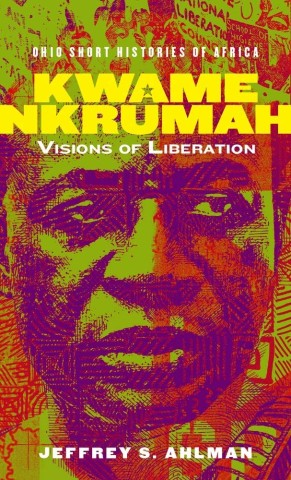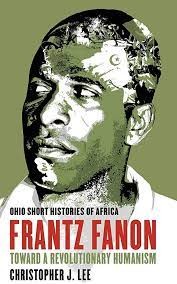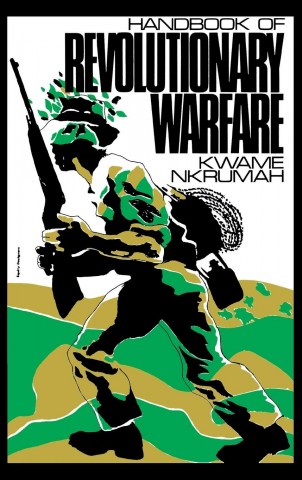Ohio University Press has a series of "Short Histories of Africa". I recently decided to pick up most of the collection for potential use as reading materials for classes. This post covers "Kwame Nkrumah: Visions of Liberation" (2021), by Jeffrey S. Ahlman. The book is contextualized beyond biographical detail, with details of the events occurring while Nkrumah was in the US and UK. The book also unravels the "Nkrumahs" that exist in various narratives about him and his legacy. Recommended. Relatively longer for the series. A few more notes than usual:
"At the heart of Nkrumah's independence-day pronouncement was a political project aimed at the construction of a new Ghana, a new Africa, and, most expensively, a new world. This was to be not only a world in which Ghanaians and Africans alike would be accepted on their own terms, but, even more importantly, a world that they would also have an active voice in forging. However, it was also a project of destruction, for it was to be a project tied to the destruction of the world that colonialism had built. It was a project that, while building something new, also aimed to tear down the racism, inequality, and exploitation that, in the new Ghanaian prime minister's eyes, were fundamental to the colonial project in Africa and beyond." (p. 35)
"Nkrumah was not alone in detailing the political and cultural significance of the Italian invasion of Ethiopia for peoples of African descent living inside and outside the continent. In the United States, for instance, the invasion galvanized groups of African American communists fighting in the Spanish civil war to turn their fight against Spanish fascism into a proxy war against Italian fascism. Likewise, the Trinidadian pan-African Marxist C. L. R. James emphasized the role of the invasion in unsettling colonial governments in the British West Indies as it accentuated racial tensions within the islands during the mid 1930s. Furthermore, committees and activist organizations in cities ranging from New York to Paris and Accra to Lagos held meetings, collected money and other resources, demonstrated, and organized locally and internationally in support for the Ethiopian cause." (p. 64-65)
"Much like during the First World War a generation earlier, the question of self-determination dominated the Second World War. As viewed by the Allied powers during the early stages of the war, the Axis powers' foremost political crime was their disrespect for the sovereignty and political wishes of the territories they invaded. Accentuating this belief in their August 1941 Atlantic Charter, the American president Franklin Roosevelt and the British Prime Minister Winston Churchill - in many ways echoing their predecessors two decades earlier - declared the universality of a people's right to "choose the form of government under which they will live." However, shortly after the declaration, Churchill again followed his predecessors' lead as he quickly sought to affirm that the principles outlined in the charter did not apply to Britain's colonies. Almost immediately, however, West African newspapers, activists, and others had begun to push back against British attempts to read colonial peoples out of the charter." (p. 82)
"Much as Lenin had argued nearly three decades earlier, in Nkrumah opened his book by insisting that "the basis of colonial territorial dependence is economic." As outlined by Nkrumah, Europe's colonies fundamentally served as safety Nets for the European economy itself." (p. 85-86)
"As Nkrumah would also outline throughout his career, imperialism should not be seen only as a mechanism of territorial control. At its core, he would argue, it was the root of the global capitalist system and stood at the foundation of the twentieth-century international order. As a result, it not only created the political world in which colonized peoples lived, it also fundamentally shaped the ways in which colonized peoples interacted with one another as well as how they and colonizing peoples related to one another." (p. 104)
"Nkrumah took a chance and moved to the United States to attend the first historically Black college in the country, where he survived the final years of the Great Depression and the Second World War as a Black man in a country built upon racial subjugation, segregation, violence, and inequality. Radicalized from his time in the United States, Nkrumah returned to the British imperial sphere in 1945 with the goal of ending colonial rule across Africa and beyond. The fight in Nkrumah joined in post war London ultimately brought him back to the Gold Coast in 1947, where he would spend the next nineteen years imagining, re-imagining, and theorizing a world free from the exploitation and extractive processes of capitalist imperialism." (p. 175-176)





